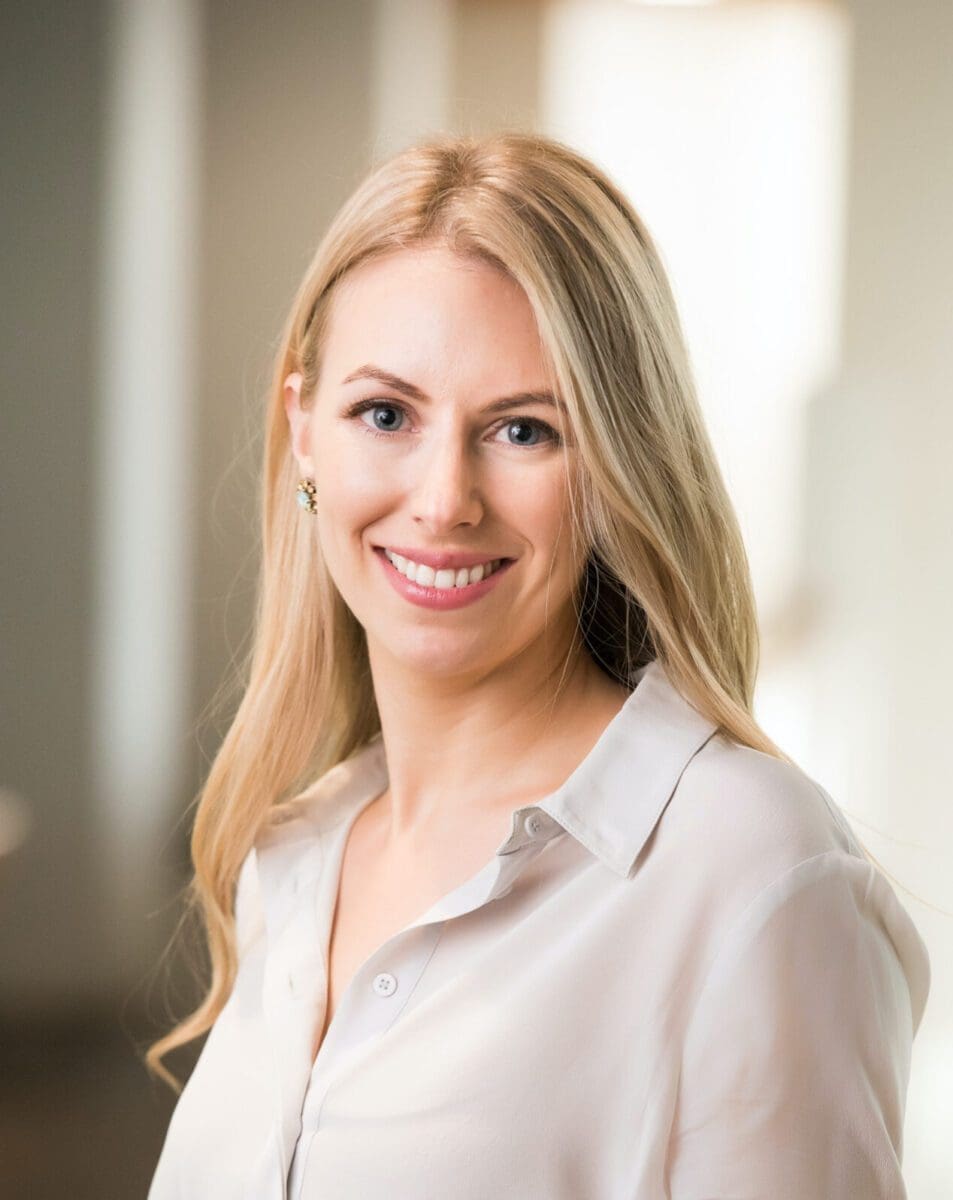Offering new ways to treat cancer and autoimmune diseases
Professor Mackay, a Fellow of the Academy,
leads the Immunology theme at the Doherty Institute at the University of
Melbourne.
She will receive
the Jian Zhou Medal from the Australian Academy of Health and Medical Sciences
together with Sydney’s Professor David Ziegler who is trialling treatments for
the fatal brain stem tumour DIPG, Diffuse Intrinsic Pontine Glioma. And he’s
driving the development of the national Zero Childhood Cancer (ZERO) project –
to give every child with cancer the best chance of an effective treatment.
The medal is named
in honour of Professor Jian Zhou who coinvented the cervical cancer vaccine
with Professor Ian Frazer. It is awarded annually by the Academy of Health and
Medical Sciences for impact in translational medical research.
Researchers have
long set their sights on reprogramming specific T cells in the blood as a
possible saviour for many hard-to-treat diseases. Laura discovered that they
were looking in the wrong place.
In a series of
landmark studies, she found that a unique type of T cell exists in the skin,
gut and other barrier tissues. She showed that these T cells are first
responders, mounting a fast and effective immune response at the specific site
of the infection.
“It was a real
shift in thinking, because for a long time people thought that the T cells they
were finding in tissues were just passers-by caught up in tissues,” Laura says.
“On comparing T
cells in the blood versus T cells in tissues, we found that the genes and
signals that control the survival of T cells in tissues is different, and we
found that these T cells in tissues were more protective against infection and
tumours.”
Today, thousands
of researchers around the world are studying these Tissue-Resident Memory T
cells (TRM cells). Laura and her team are now developing new strategies to
boost the number of TRM cells and super-charge their protective power to clear
infections and diseases such as breast cancer and melanoma.
“We’re also
working on the other side of the coin, where these T cells can go rogue,
leading to skin autoimmune conditions such as vitiligo, alopecia and
psoriasis,” she says.
Jian Zhou Medal
selection committee chair Professor Ian Frazer AC says, “Professor Mackay’s
discovery of Tissue-Resident Memory T cells illustrates the importance of
fundamental research in advancing medicine.”
AAHMS launched the
Jian Zhou Medal in 2020 to recognise rising stars in Australian health and
medical science. The award is made possible by a generous donation from the
Frazer Family Foundation and the medal is designed and minted by the Royal
Australian Mint.
Nominations for the
2023 medal will open in October this year.
Media: AAHMS Communication
Manager Katie Rowney, [email protected], 07 3102 7212, 0419 787 551
Niall Byrne,
[email protected], 0417 131 977
Read about the
Jian Zhou Medal at https://aahms.org/programs/awards/jian-zhou-medal/
Media kit and
video at www.scienceinpublic.com.au.

